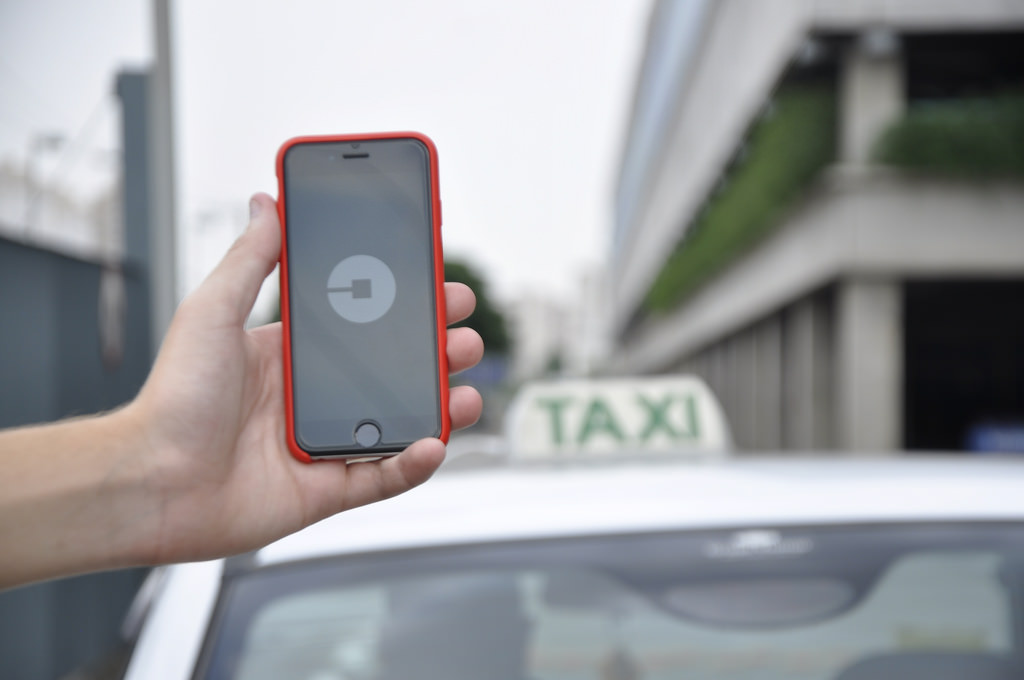![]()

With Cambodia’s growth as an emerging economy in the global market, it is inevitable for new technological advancements to also penetrate through to different industries. One such industry though is the transport sector, where the country is slowly trying to catch up with its neighbors – specifically, in terms of transportation booking apps for mobility. But is the market really open to welcome new players in the industry or is it getting too crowded?
Who’s willing to take a risk?
While UBER may be a global phenomenon for bringing ease and comfort to millions of people worldwide, it’s not the first of its kind to actually spring up in Cambodia. Previous startups have given this a go. These include Choice Taxi, Exnet Taxi Cambodia, PassApp Tax, and iTsumo. But the company doesn’t seem any bit fazed.
Just recently, David Van – Managing Director of Bower Group Asia – brought UBER representatives to meet with Cambodian Minister of Public Works & Transport Sun Chanthol to discuss proposals for their future launch. Although no details have been given yet regarding the official date of the launch, it looks like the company is in full gear to do it soon because this news comes only a two months after UBER’s first meeting with the Cambodian Minister of Commerce Pan Sorasak.
UBER Cambodia
The company may be coming in full force, but there are also concerns of UBER eventually collapsing, especially with news of them having pulled out from China in exchange for a 20% holding in its competitor’s company, Didi. CNN also reports that UBER is pulling out from Denmark as well. If that’s any indication, then UBER may have troubles with the Cambodian Market.
Despite this, a post from the ministry of Commerce Facebook page says “Mr. Chan Park and Mr. Brian Shroder, the representatives of American worldwide online transportation network company called ‘UBER’ said that they were very impressed with Cambodia’s new market. But at the same time, they need to understand more about economic situation, people’s living standard, and other challenges first.”
How will people accept UBER?
According to Masahito Ambashi, Economist for the Economic Research Institute for Asean and East Asia, mentioned “UBER is famous internationally, including in Cambodia. Consumers may try its services, as they are different from those of locals. If such trends occur, a bandwagon effect could be expected.” And this could ultimately lead to UBER’s success.
In line with this, Ambashi adds that “more wealthy middle-income groups – which can afford to enjoy service consumption – are certainly emerging in Cambodia.” This means that the number of people who can afford UBER rides are also increasing.
The other question remains, can Uber challenge the local tuk tuk market? Tuk tuks are everywhere in the major cities of Cambodia and are never far away from people in need of transportation for very low prices.
The great thing about emerging markets is its potential for growth. But along with it comes the risks investors have to take because its regulations and laws are not fully developed yet. So, whether UBER Cambodia succeeds or not will fully depend on how well they did their study and how well they market themselves to the people of Cambodia.





Comments